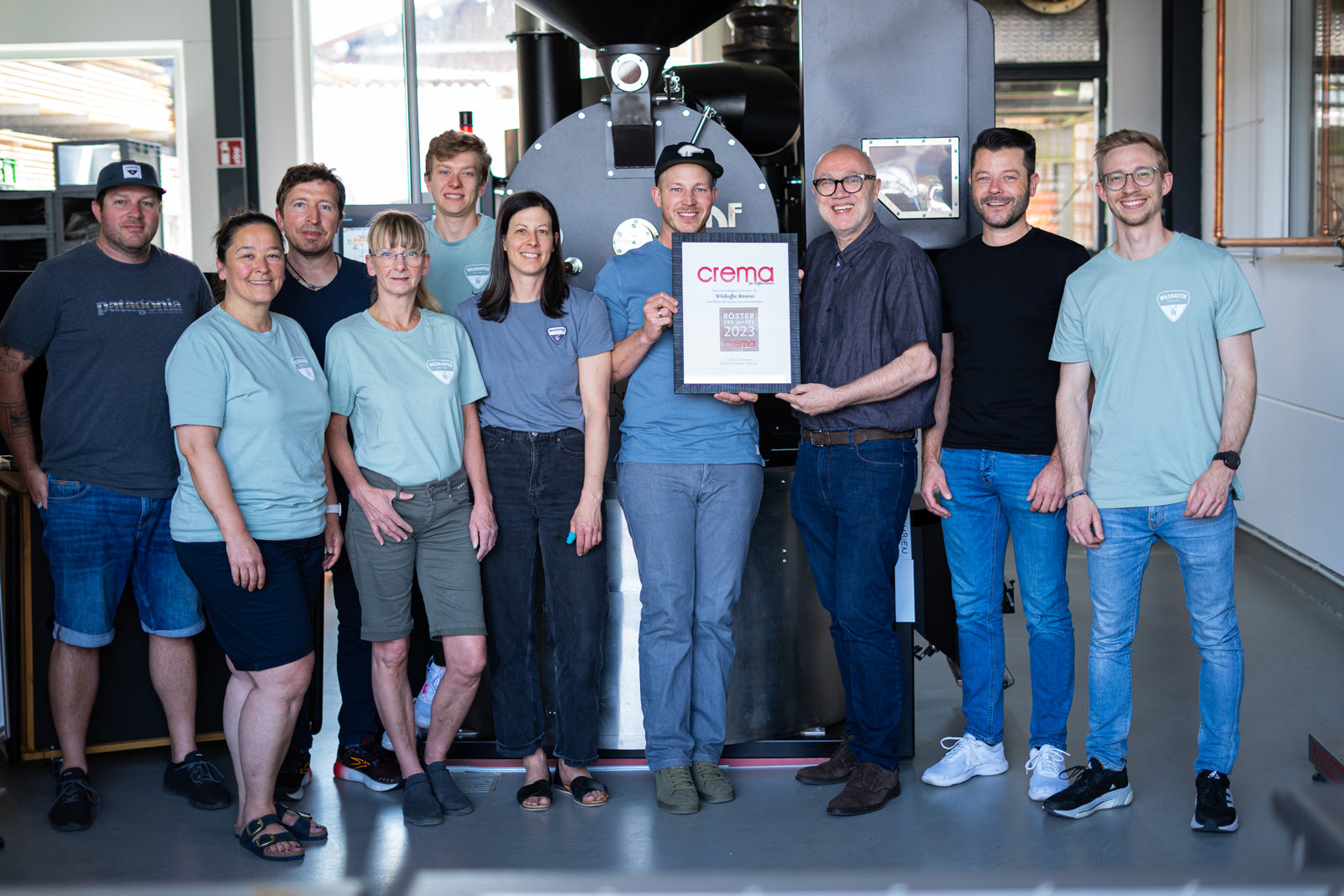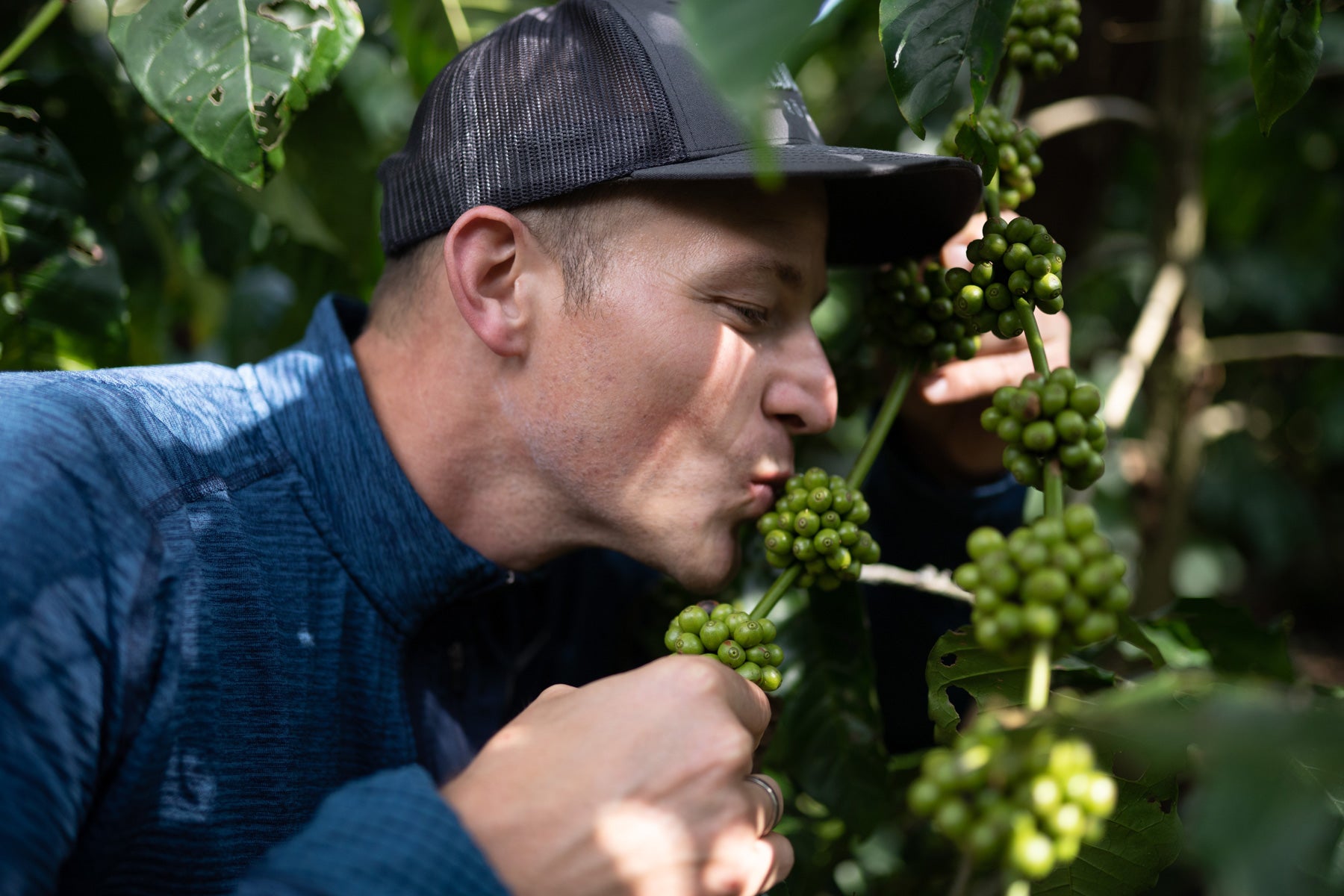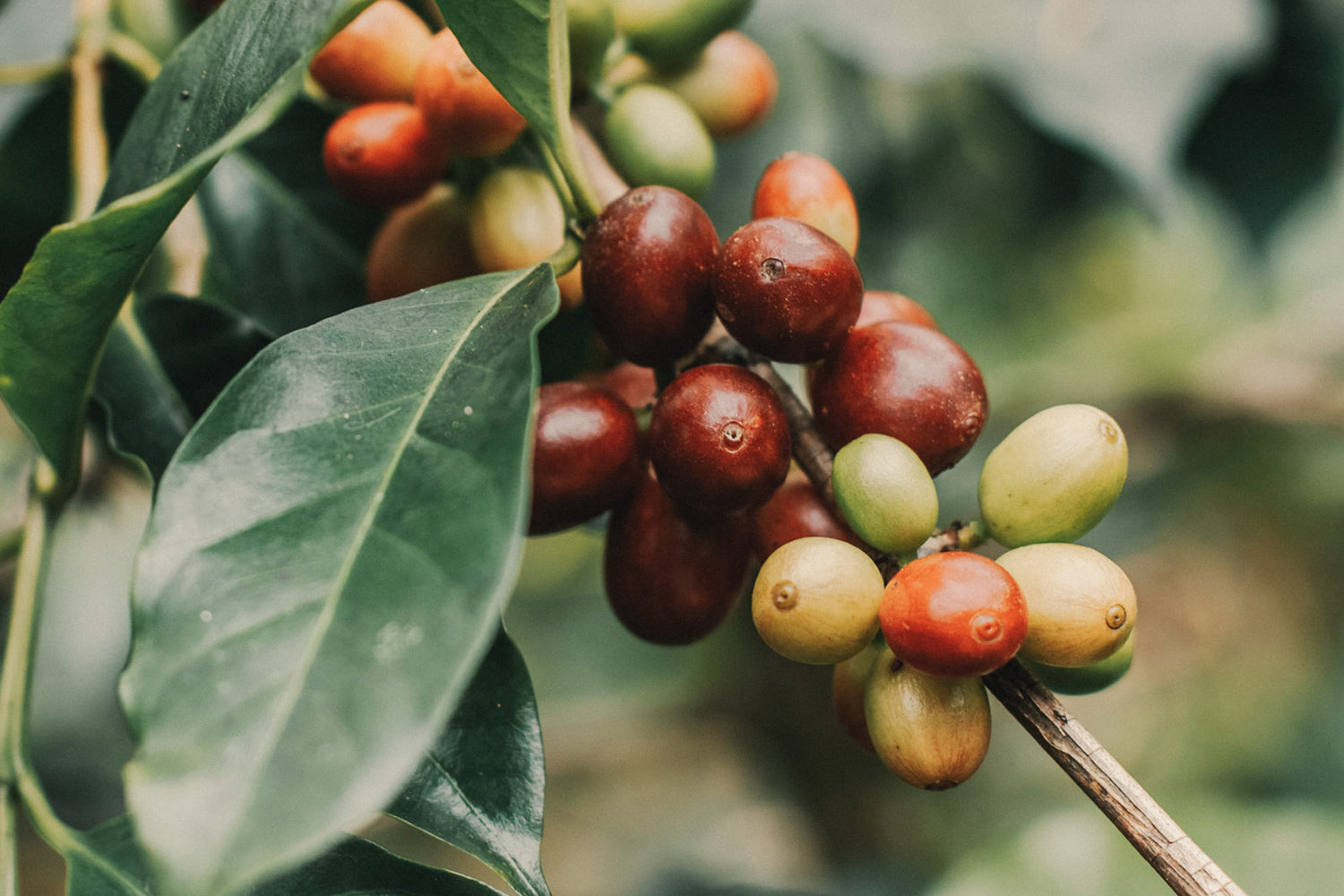About Us
Wild coffee - that's us!
We are the Wildkaffee roastery from the Zugspitze region around Garmisch-Partenkirchen. Since 2010, we have only processed selected types of coffee from all over the world in our roastery. Direct contact with the farmers in the countries of origin is our highest priority, as is the best coffee quality. At the Wildkaffee roastery, we want to revisit the keyword quality in coffee every day, because for us, the best quality also means the best coffee taste. Only the best beans should find their way into our customers' cups. We will explain to you on this page exactly how we achieve this.
Transparency in the Wildkaffee Roastery
Transparency is a matter of great importance to us, so we can always tell you exactly where your coffee comes from. To maintain this transparency, we regularly travel to our partner farmers in the countries of origin, with whom we have worked for many years. This direct exchange allows us to consistently ensure that the coffee meets our highest standards in terms of quality, taste, and the conditions on and around the farm. These regular visits to the farms and the ongoing contact have not only led to close business partnerships but also to lasting friendships. These friendships provide the best possible foundation for processing and importing the finest green coffees.
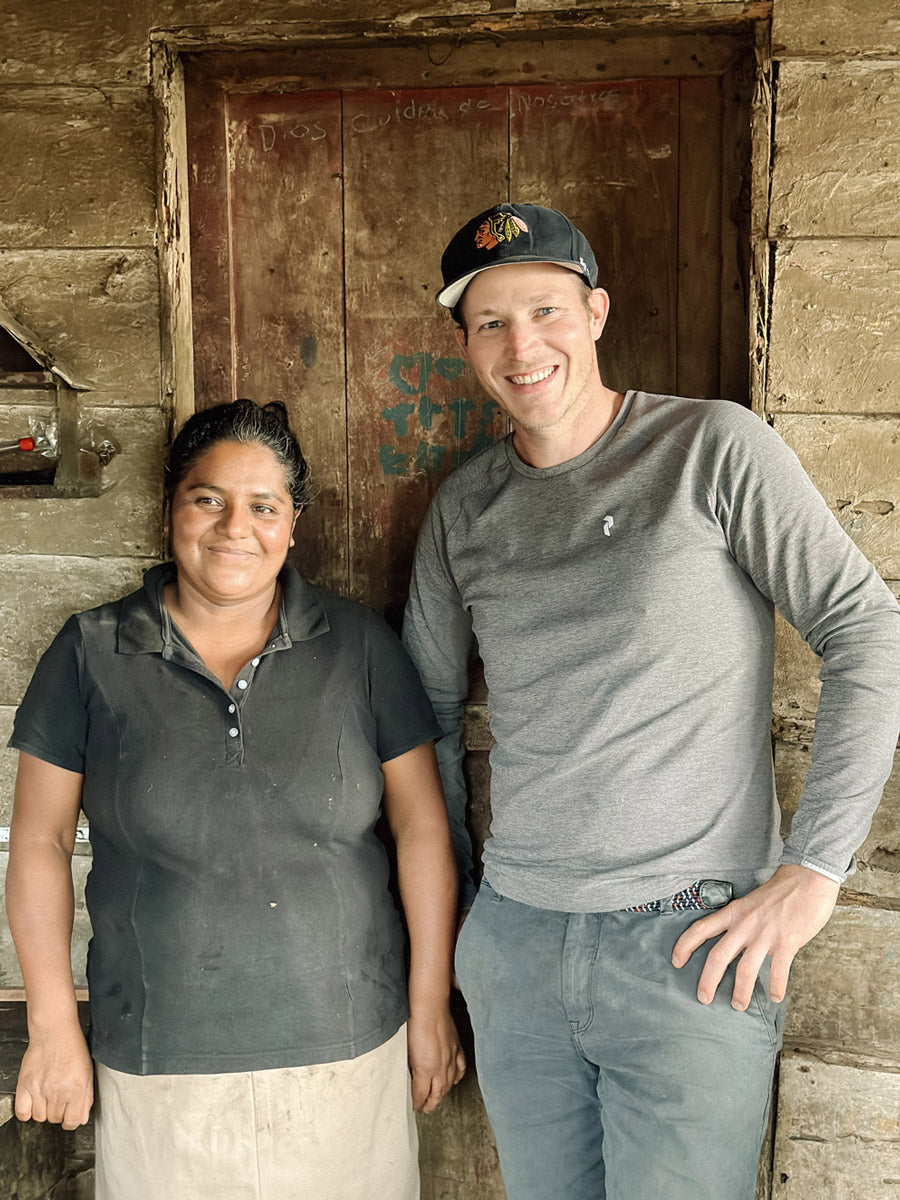
The advantage of fair and social ideals
The advantages of our fair and social principles are obvious: We can tell you exactly where your coffee comes from, how it was grown, and which region and variety it originates from. Through our regular visits and ongoing contact, we are always up-to-date on the latest developments in cultivation and processing.
Of course, the farmers and cooperatives we work with are aware of this. After all, they are paid fairly and directly by us. In return, we receive only the finest raw coffee beans, which we process gently and sustainably in our coffee roastery.
Speaking of sustainability: organic farming, or the cultivation of coffee using natural methods, also plays a major role for us. We only want to process coffees that are cultivated in harmony with the unique natural environment. And let's be honest: the result simply tastes better!
Sustainability is becoming increasingly important, not only in coffee cultivation and processing. This is hardly surprising, given the growing frequency of climate extremes, droughts, nutrient-poor soils, and pest infestations, which are making coffee farming increasingly difficult. All these factors are prompting farmers, roasters, and producers to rethink their practices. The goal is to make coffee cultivation as sustainable as possible. Working with their own microorganisms through organic farming is a great help to farmers in this endeavor. At our own coffee farm, the Coffee School Project in El Salvador, we train farmers in the sustainable principles of organic farming. In this way, we aim to contribute to a sustainable future for young and old, not only in our roastery. A welcome side effect: the quality and taste of the coffee are further enhanced.
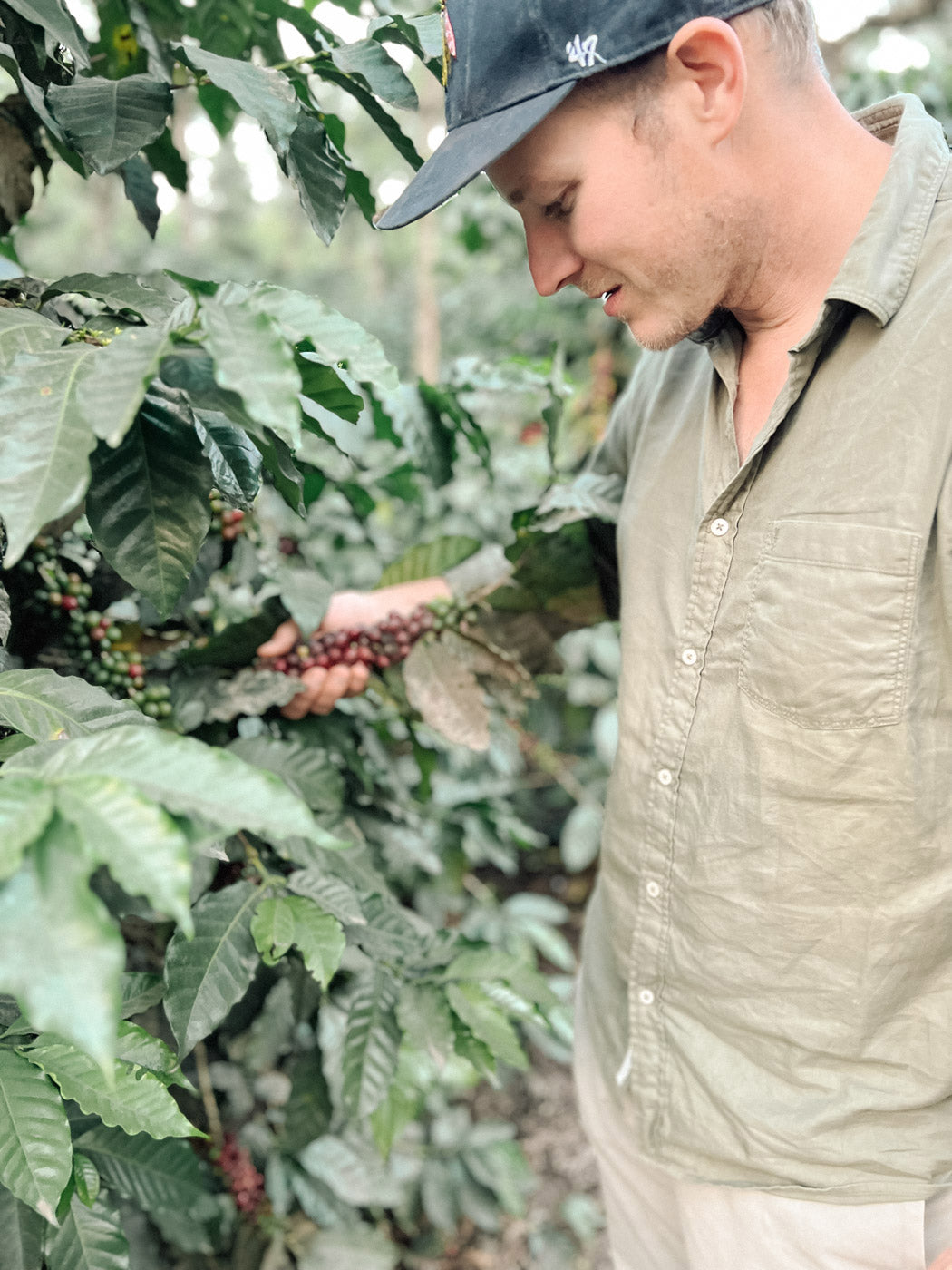
The best quality at the Wildkaffee Roastery
Of course, the quality of the coffee is at the top of our priority list. But quality is not just the unique, excellent taste of our coffee. Such coffee quality is created through a long chain of processing steps, all of which must be carried out with the utmost care and always with an eye on the best quality of the coffee. During cultivation, attention must be paid to perfect sun-shade management and external conditions, during processing you can work experimentally and when roasting we have to find the perfect roasting profile for the respective green coffee. When all of these factors are perfectly coordinated, the unique taste and the usual quality of Wildkaffee are created.
How does direct trading work?
How does direct trade in wild coffee actually work? In principle, it's quite simple: The green coffee is ordered directly from a trusted coffee farmer. This means no middlemen taking a cut; the payment goes directly to the farmers. This allows the farmers to support themselves and sustainably develop their farms. Naturally, the farm workers also receive a fixed, secure wage. Smaller farms, often family-run, usually join cooperatives comprised of several farming families. In this case, contact is established with the cooperative chairpersons. These chairpersons typically operate a shared washing station where they process the coffee and prepare it for export to roasters.
This is how our coffees are roasted
The selected coffee is roasted carefully and by hand in our coffee roastery in Farchant. Our two roasting masters Leonhard Wild and Josef Staltmayr want to get only the best taste out of every bean. The individual notes of the different country coffees are specifically highlighted. Each green coffee gets its own roasting profile, which is carefully and individually determined during several test roasts. Once we have found the perfect roast, we can start roasting the coffee. We roast on a Loring S35 Kestrel and an IMF RM60, supported by the Cropster software, which ensures a consistent roasting curve and thus the perfect roasting of our coffee.
Discover Wildkaffee classics
-
Wilde Milde
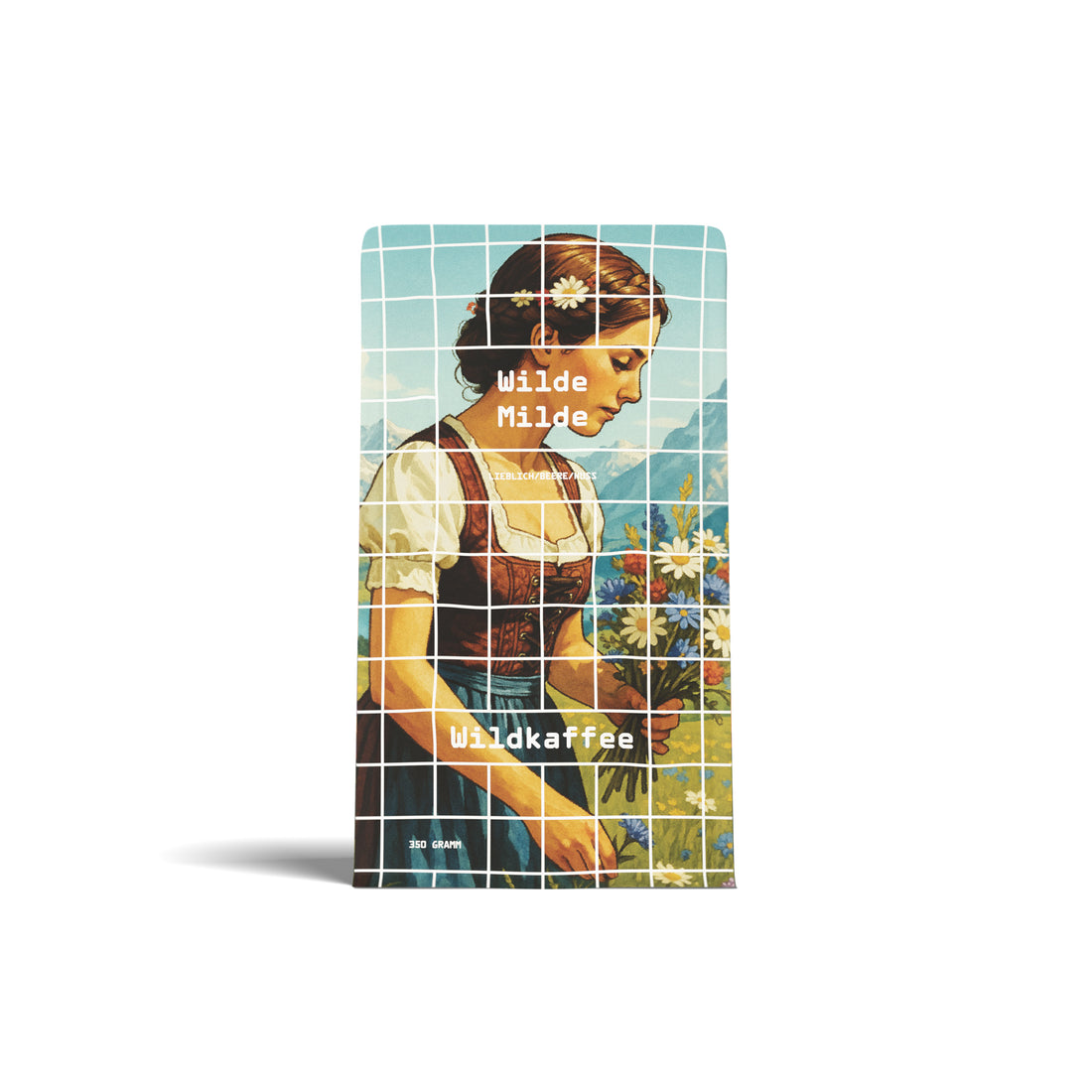 Wilde Milde
Wilde Milde- Regular price
-
$13.00 USD $34.00 USD - Regular price
-
- Sale price
-
$13.00 USD $34.00 USD - Unit price
-
$37.14 USD per kg
-
Wildsau Espresso
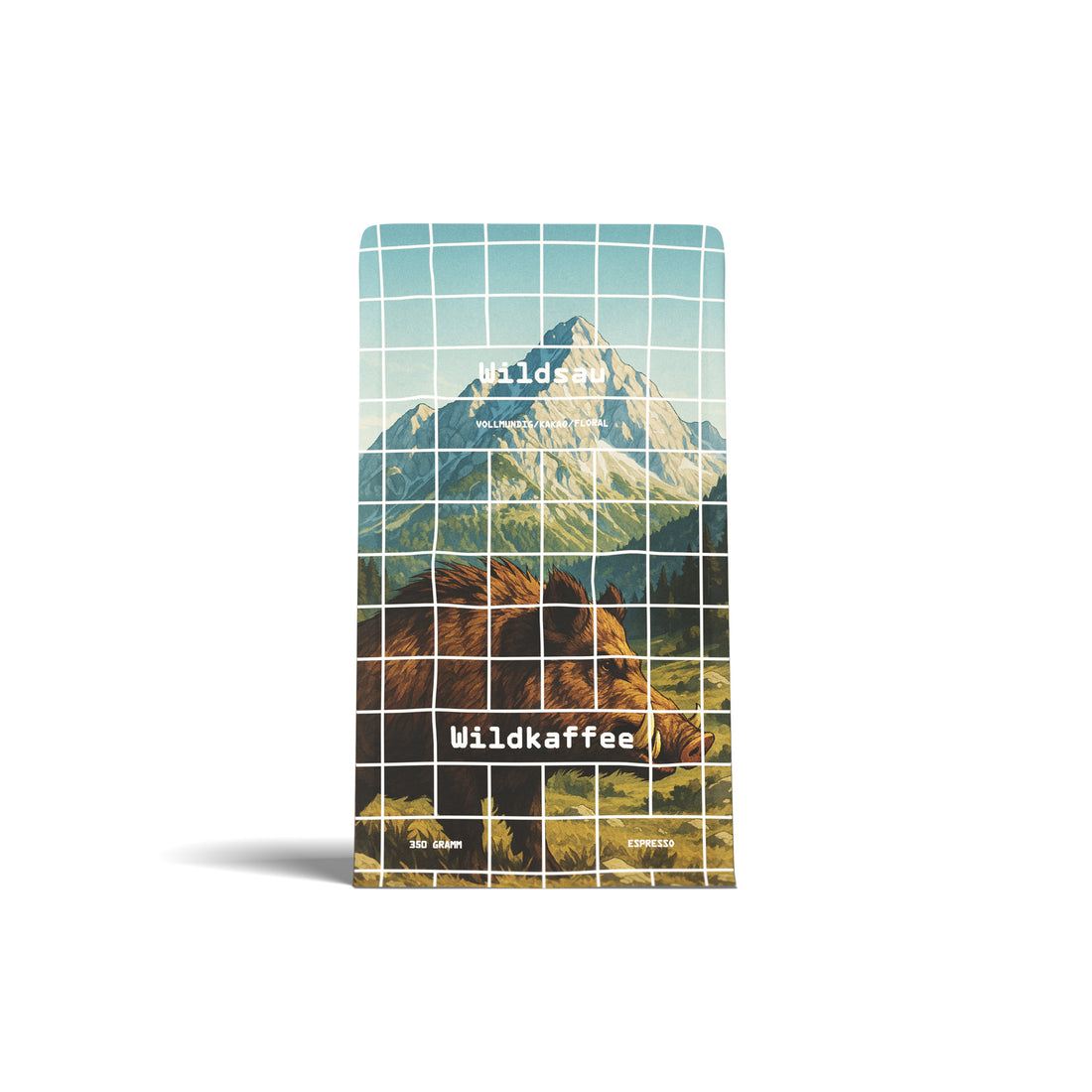 Wildsau Espresso
Wildsau Espresso- Regular price
-
$14.00 USD $36.00 USD - Regular price
-
- Sale price
-
$14.00 USD $36.00 USD - Unit price
-
$40.00 USD per kg
-
Hausespresso
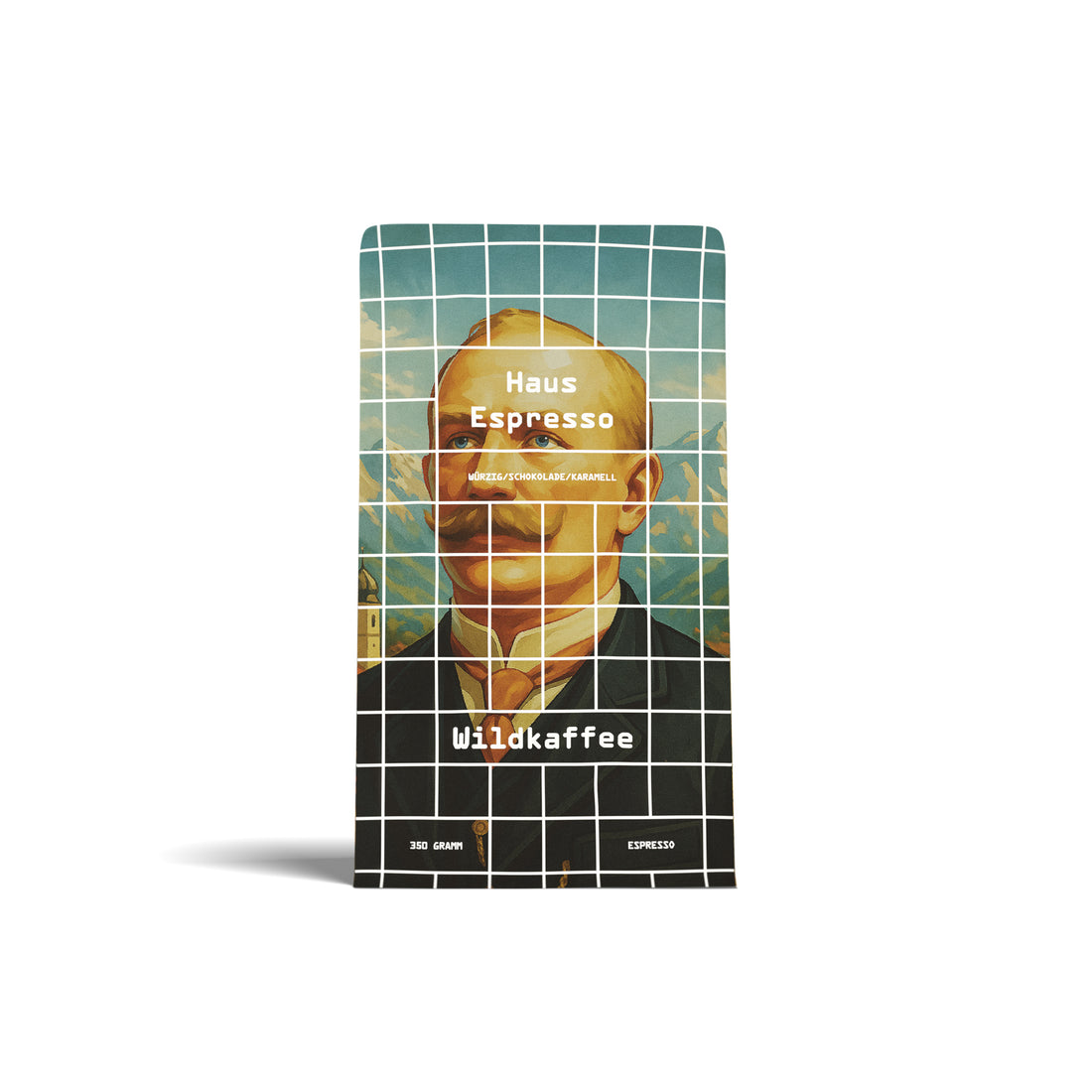 Hausespresso
Hausespresso- Regular price
-
$13.00 USD $34.00 USD - Regular price
-
- Sale price
-
$13.00 USD $34.00 USD - Unit price
-
$37.14 USD per kg
-
Wilderer Espresso
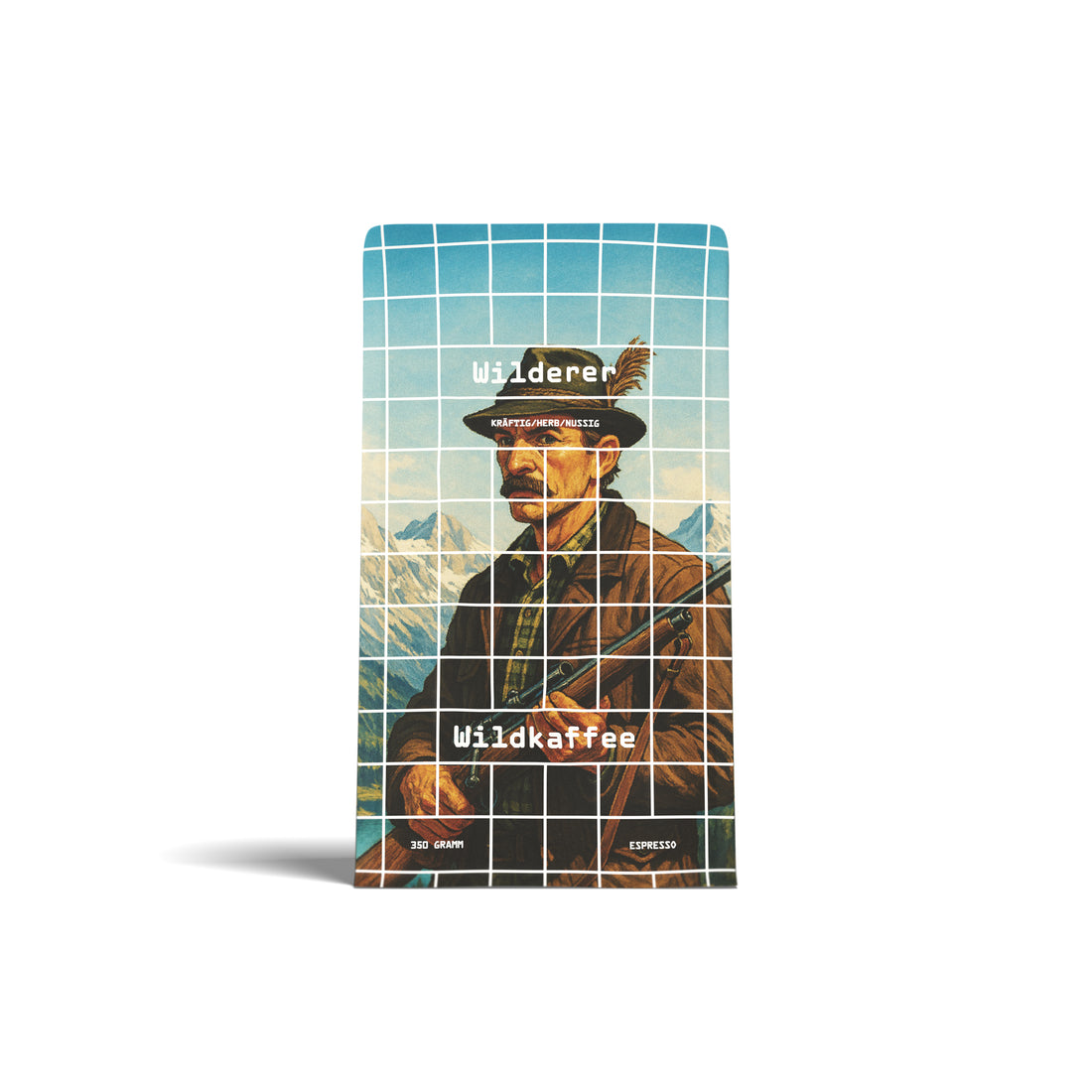 Wilderer Espresso
Wilderer Espresso- Regular price
-
$13.00 USD $34.00 USD - Regular price
-
- Sale price
-
$13.00 USD $34.00 USD - Unit price
-
$37.14 USD per kg
